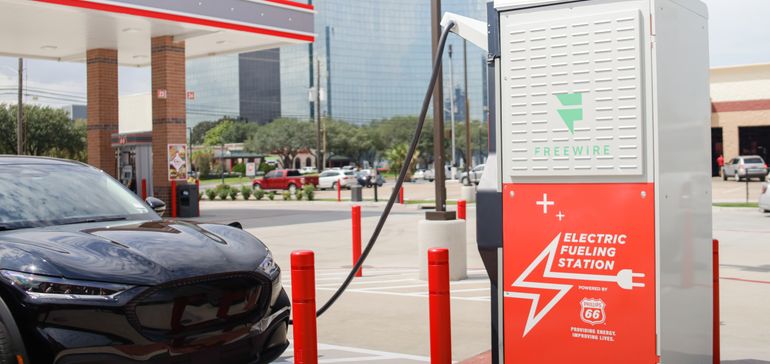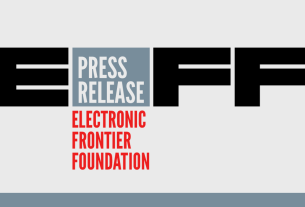Electric vehicles (EV) are gaining traction in the U.S., most recently making up more than 6% of new vehicle sales during Q3 of last year — more than doubling the 2% from Q3 2020, according to CleanTechnica.
As federal funding continues to accelerate the development of a national EV charging network, convenience store operators will continue to face pressure to install charging ports on their sites as the threat of fuel depreciating in value looms over the industry.
In a recent roundtable discussion hosted by retail meeting company The Vision Group, c-store operators discussed the trends, challenges and disruptions they’re facing, as well as the possible solutions they can take advantage of, as 2023 commences. Among the topics discussed was EVs, and retailers expressed several concerns about growing consumer adoption and bringing charging capabilities to their stores.
‘Very muddy waters’
Texas Born c-stores — formerly known as Kwik Chek — a chain of 47 locations across Texas and Oklahoma, has begun installing EV charging stations at various sites, CEO Kevin Smartt said during the discussion. The company is learning as it goes, Smartt said, especially with regard to understanding the EV consumer and proper layout of the charging stations.
Smartt expressed concern about understanding the role c-stores should play in EV charging and how that varies between interstate, urban and rural markets. However, the lack of a consistent EV-charging business model from city to city and state to state — “very muddy waters right now,” he said — is his biggest concern at the moment.
“That’s a bit concerning to me when the mall or the post office, or whoever, can just put up EV charging stations,” Smartt said, adding that the availability of subsidies can also be irregular.
Spencer Platt via Getty Images
Varish Goyal, CEO of Loop Neighborhood Markets, a 50-store chain based in Fremont, California, said he shares many of Smartt’s concerns. Similar to Texas Born, Loop has begun installing charging stations, but is still “trying to learn and see how this new business is going to work,” Goyal noted.
Beyond that, Goyal is unsure how the EV model at c-stores will be profitable, since many EV consumers mainly charge at home and at work — meaning they may only charge at c-stores “once a quarter” or while “going long distances,” he said.
“How does it actually work out that this is actually going to be a real profit generator for the industry?” he said. “I think that’s something that we need to figure out.”
The concern over the profitability of EVs isn’t limited to smaller or mid-sized c-store chains. Natalie Morhous, president of Racetrac, said profitability is one of the biggest hurdles the Atlanta-based chain of nearly 600 locations has faced with EVs.
Additionally, Morhouse noted that in many of the states Racetrac operates in, the chain lacks “the ability to be transparent in pricing,” which can cause headaches when some hardware charges vehicles slower than others and when the company can only charge by the minute, she said.
To make progress with EVs moving forward, c-store operators need to unite at both the state and federal levels to make their voices heard legislatively, Morhous said.
“I think we need to come together as an industry and advocate for transparency, in the way we have in fuel prices, so consumers know what they’re getting,” Morhous said.



